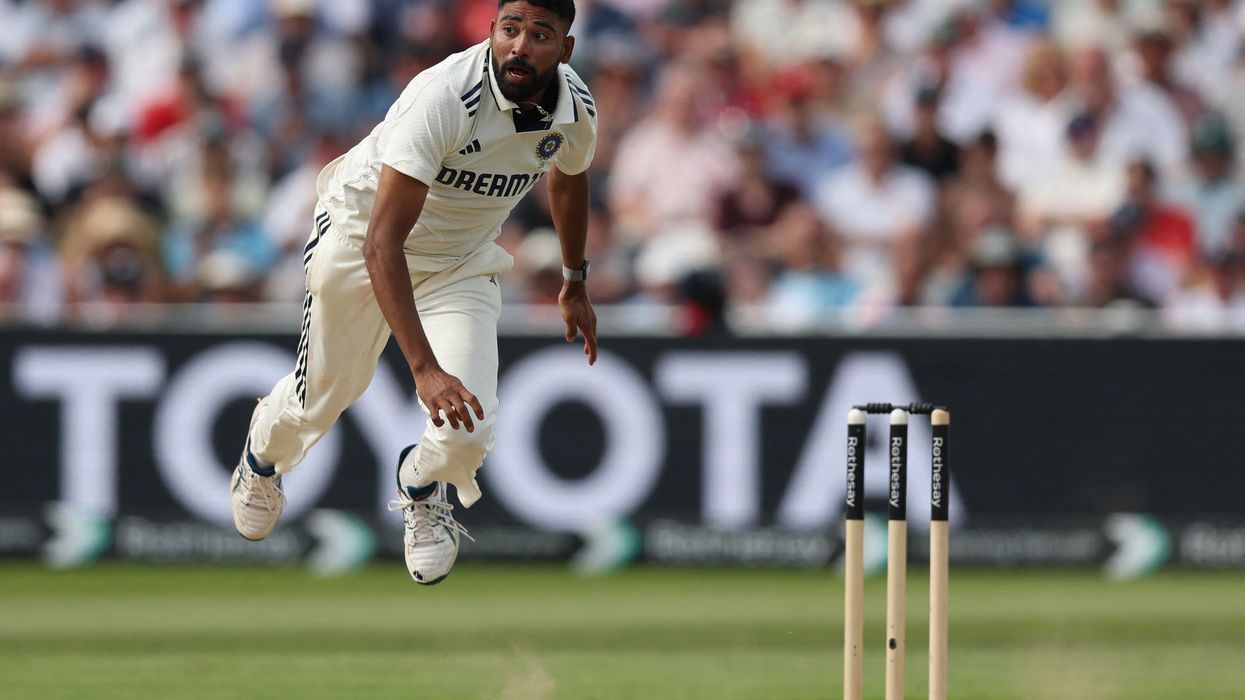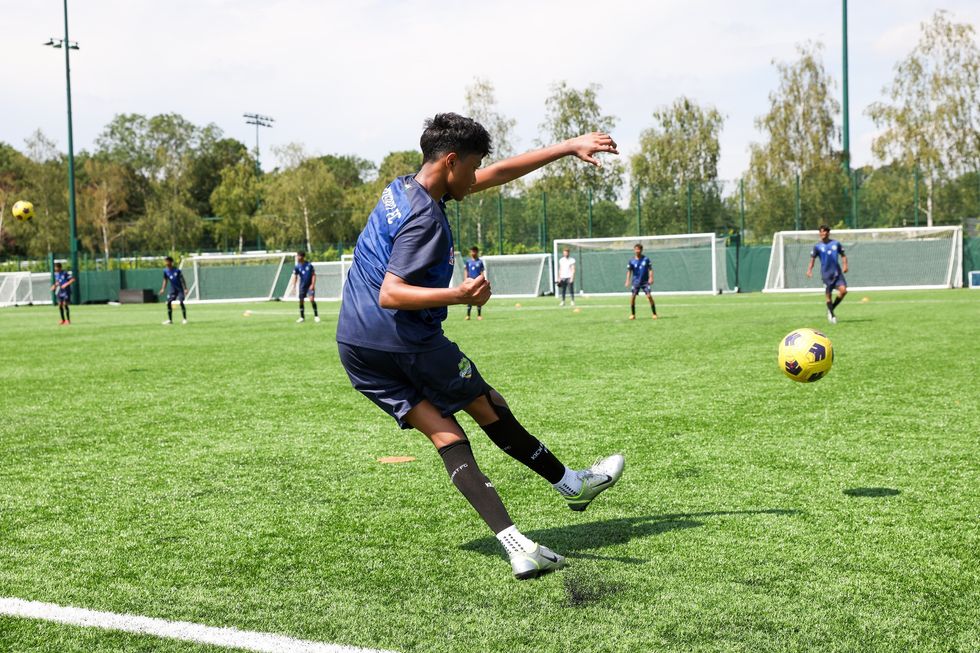Virat Kohli's India will be aiming to strengthen their number one position in the world Test championship when they start a two-match series against Bangladesh on Thursday.
India start as favourites to pick up 120 points from the two games against a Bangladesh side missing key players.
The hosts have recorded two sweeps in the five-day format since the start of the Test championship in August, beating South Africa and the West Indies. New Zealand and Sri Lanka are second and third, already 180 points behind though they have played only one series each.
India go into the first match in Indore boosted by a 2-1 Twenty20 series win over Bangladesh.
Kohli, who opted out of the T20 matches, returns to lead the side that recently won their record 11th straight series at home.
Rohit Sharma has been on hot form, hitting two centuries and a double ton in his debut series as opener against South Africa.
The pace department also looks settled despite the absence of injured Jasprit Bumrah and played a key part in the three convincing Test wins over South Africa.
Bangladesh, under new captain Mominul Haque, had a troubled build-up to a series after star all-rounder Shakib Al Hasan was banned for two years, with one year suspended, by the International Cricket Council.
He admitted failing to declare illegal approaches by bookies and the ban ruled Shakib out of the tour and next year's World T20 in Australia.
Earlier a player revolt put the India tour in doubt before the national board gave in and increased match payments.
The touring side is also missing prolific opener Tamim Iqbal who took a break due to family reasons.
Liton Das, Mushfiqur Rahim and Mahmudullah Riyad will lead the team's batting alongside Mominul who was not part of the T20 squad.
"I never considered captaincy as pressure or responsibility. If I keep thinking that as a captain I have to take extra responsibility to carry the team forward then I will be in some pressure," Mominul said after being named captain.
"But if I play my natural game, and think that I am a batsman who needs to score for his team, then it will not have any effect."
The second match of the series will be the first day-night Test to be staged in India. Kolkata's Eden Gardens will host the spectacle.
Squads
India: Virat Kohli (capt), Rohit Sharma, Mayank Agarwal, Cheteshwar Pujara, Ajinkya Rahane, Hanuma Vihari, Wriddhiman Saha (wk), Ravindra Jadeja, Ravichandran Ashwin, Kuldeep Yadav, Mohammed Shami, Umesh Yadav, Ishant Sharma, Shubman Gill, Rishabh Pant
Bangladesh: Mominul Haque (capt), Shadman Islam, Imrul Kayes, Saif Hasan, Liton Das, Mushfiqur Rahim, Mahmudullah Riyad, Mohammad Mithun, Mosaddek Hossain, Mehedi Hasan, Taijul Islam, Nayeem Hasan, Mustafizur Rahman, Al-Amin Hossain, Abu Jayed, Ebadat Hossain















 Ledley King talks to Kickstart players.
Ledley King talks to Kickstart players.

